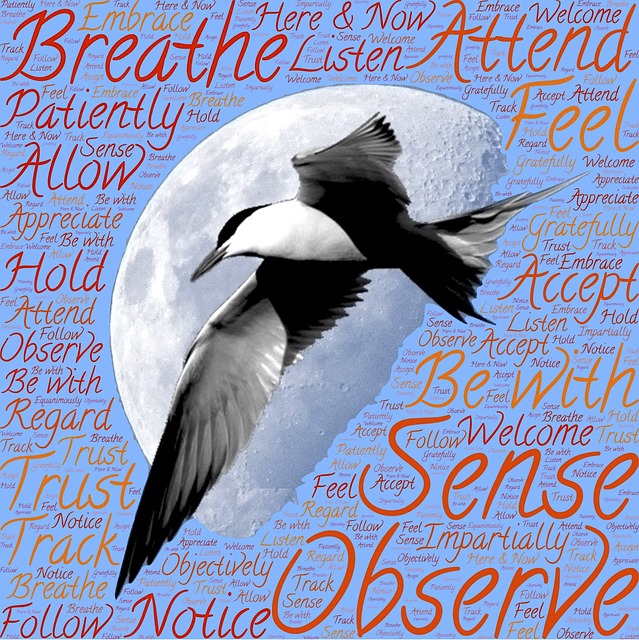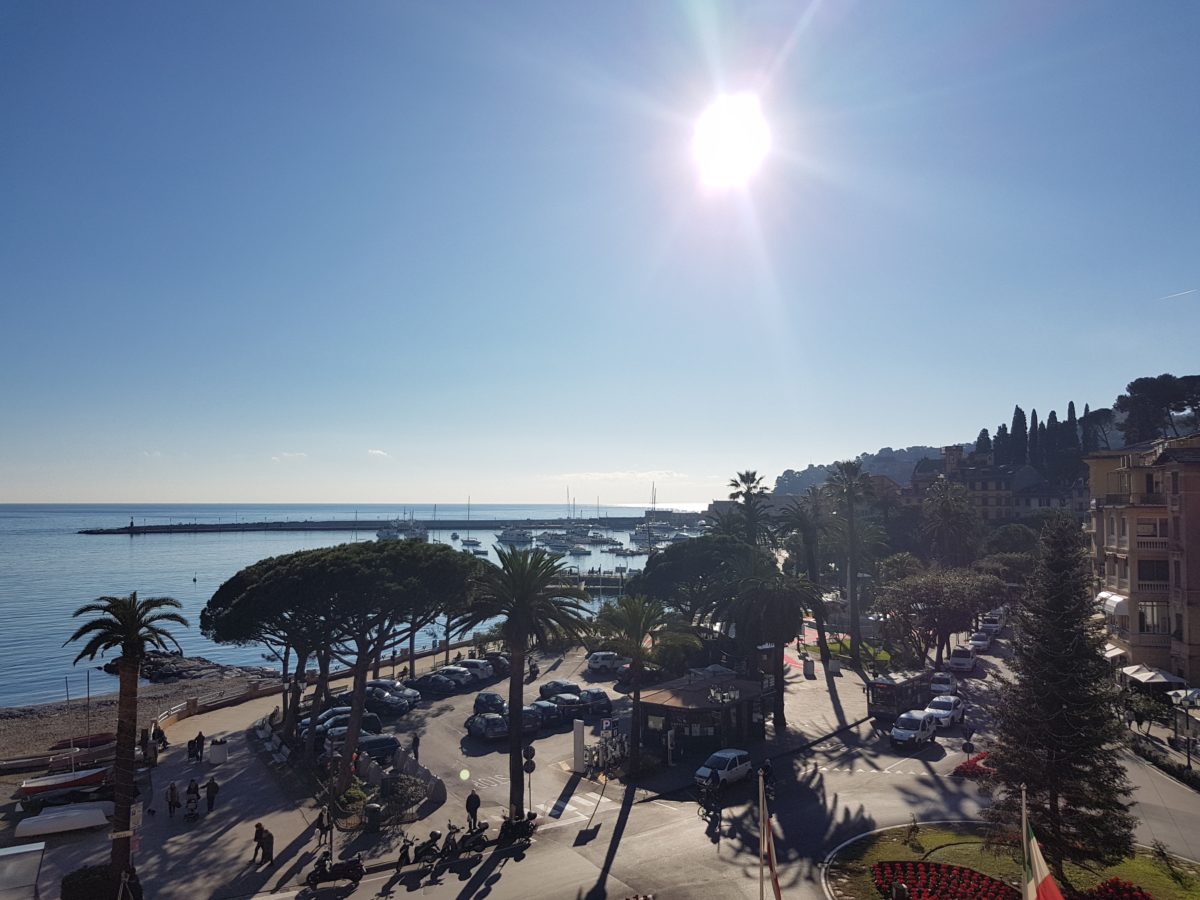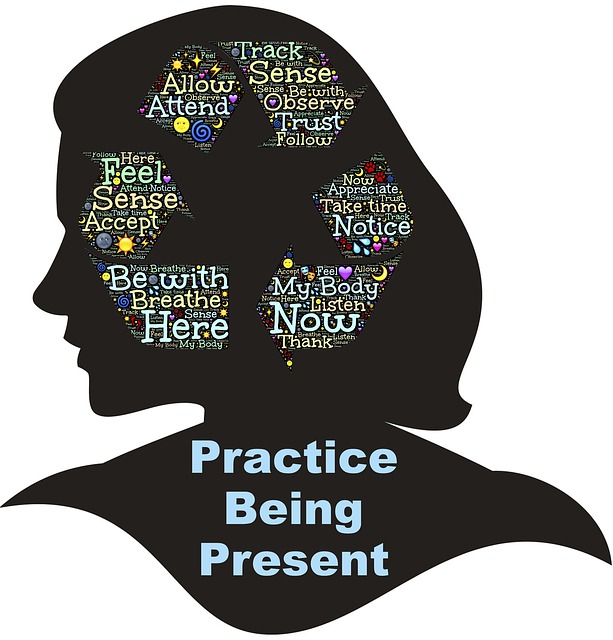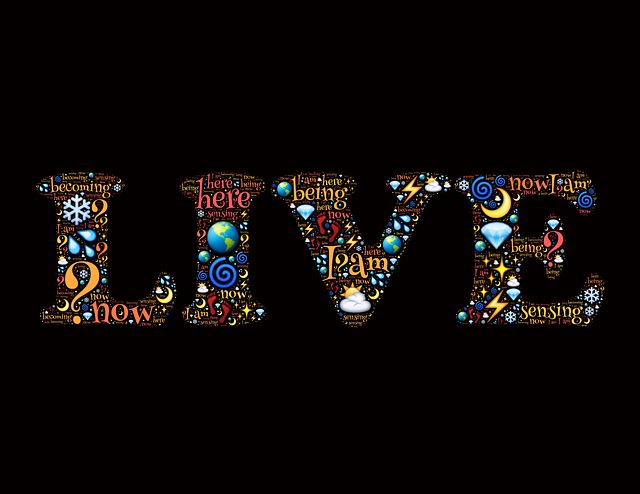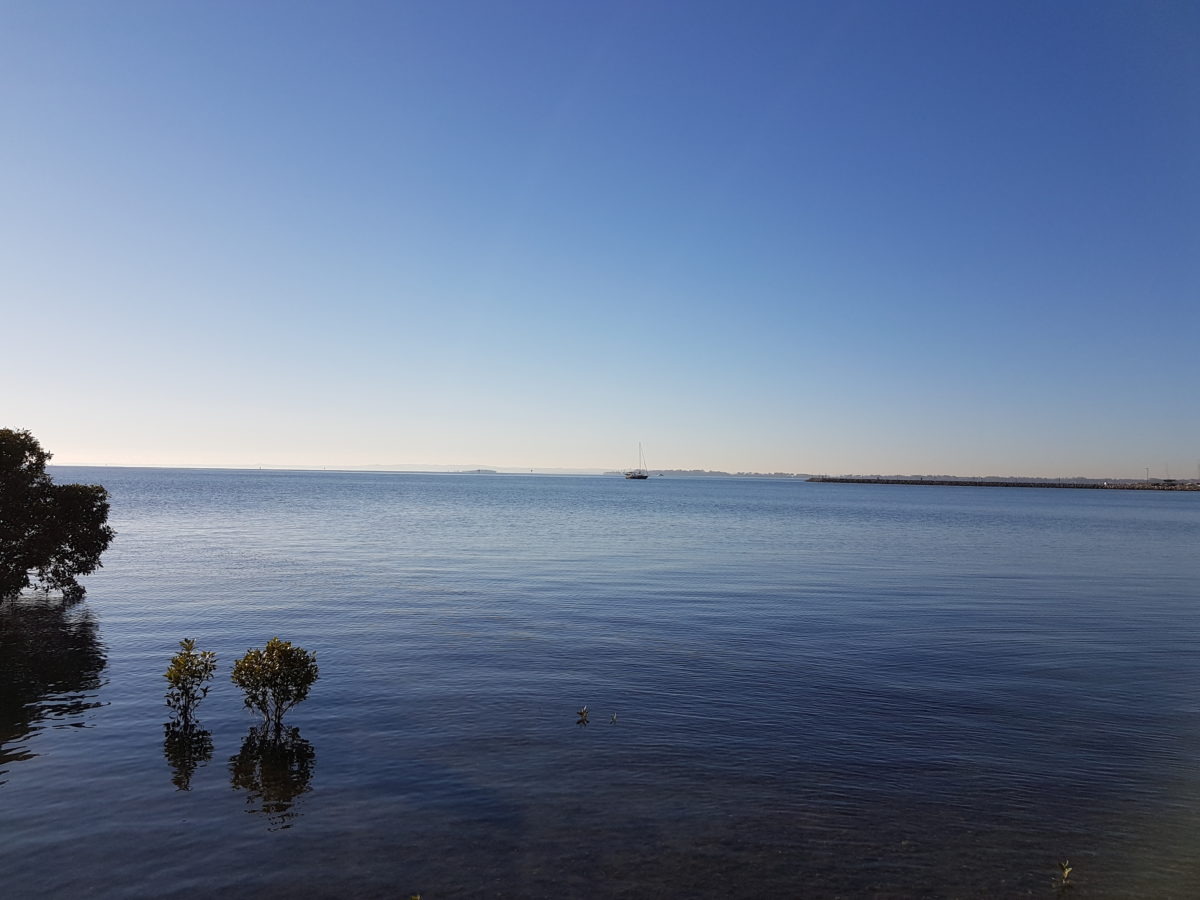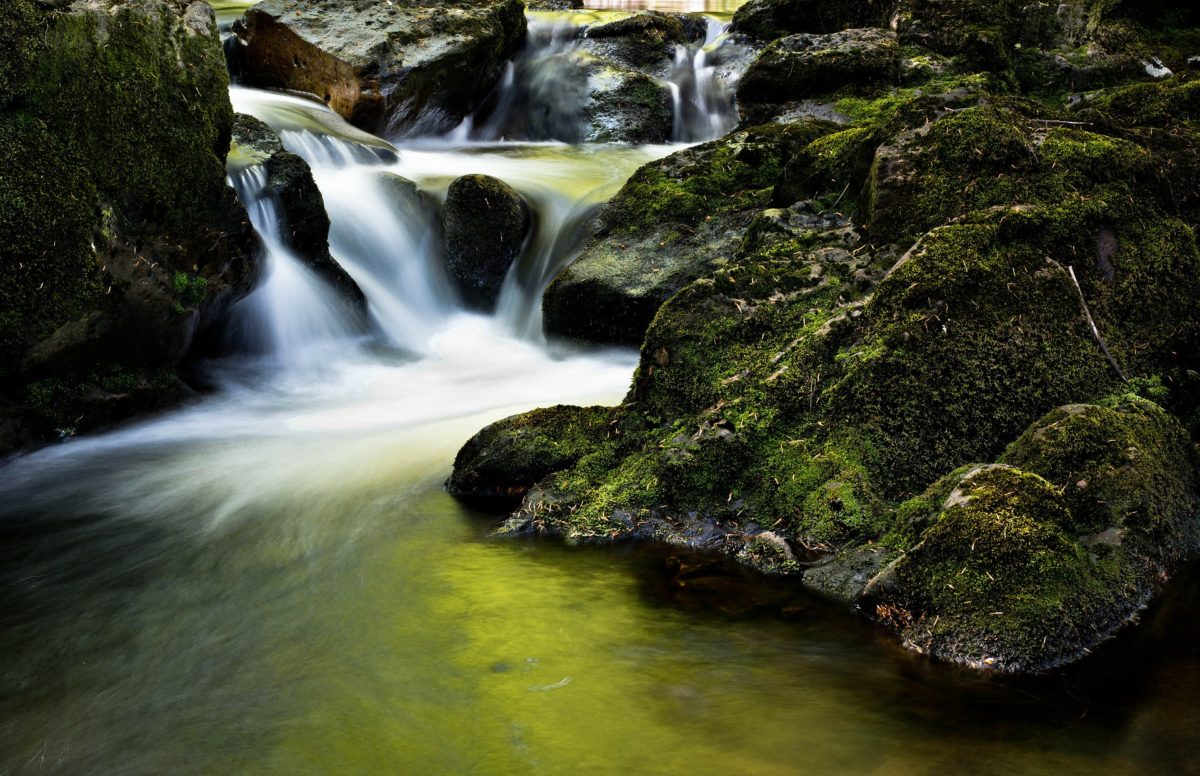If you revisit the previous post and listen to Goldie Hawn’s statement about the tools and skills that children are given in MindUP™ , you come to realise that she is creating the foundations for mentally healthy workplaces . As Goldie pointed out, she set about creating a new culture, conducive to world peace, by developing children as future leaders with dignity and humanity.
In their guide, Mental Health at Work, produced by Portner Press, the authors discuss the need to create a workplace culture that is conducive to developing and maintaining mental health in the workplace. What they identify as the elements that go into making a mentally healthy workplace culture align very well with Goldie’s focus and goals.
They also align very closely with the manager development work I have been doing over more than a decade with my colleague, Julie Cork. The Confident People Management Program that we have been facilitating for over 2,000 managers is a longitudinal, action learning program of four to six months focused on people management skills.
To create a culture that is conducive to mental health in the workplace, requires, fundamentally, an awareness of, and willingness to address, the basic needs of staff. Staff have three basic needs, (1) tell me what is expected of me, (2) give me honest feedback about how I am doing, and (3) provide me with the resources to meet the expectations of the job.
Job expectations
Clarity around job expectations is particularly critical for creating a workplace environment that is conducive to mental health. Much stress, conflict and mental illness is caused by unclear job expectations which are manifested in role confusion, role ambiguity and/or role overlap.
Communication of expectations should cover both performance expectations and behavioural expectations. Performance expectations, in terms of the quantity and quality of work to be done, have to be reasonable and not excessive. It is okay to establish high expectations as long as you enable negotiation of those expectations and provide the requisite level of support to achieve the desired outcomes.
The other aspect of job expectations is behavioural standards. It is one thing to communicate workplace values, e.g. professionalism, it is another thing to explain these values in behavioural terms so that staff understand what is required of them behaviourally. So for a value like professionalism, a manager would need to ask, “What does professionalism look like behaviourally in our workplace context?” (or, alternatively, “what would be considered unprofessional behaviour in our context?”).
Clarity around job expectations, both performance and behavioural, is a critical first step for a mentally healthy workplace.
Feedback
An essential component for a workplace culture that is conducive to mental health is regular feedback about performance and behaviour. This involves both positive and corrective feedback.
Positive feedback builds a person’s self-esteem and sense of self-efficacy. It respects and values their contribution and encourages positivity in the workplace.
Corrective feedback is designed to correct performance/ behaviour so that the staff member can meet the job expectations. If it is provided in a professional manner it can be generate respect – the focus being on the performance/ behaviour, not the person or their personality.
In both forms of feedback, it is important that the feedback is timely, specific, accurate and sincere.
Resources
It is unreasonable and damaging to mental health to provide staff with resources that are inadequate to enable them to meet job expectations – this includes the provision of training in both performance and behavioural requirements. In terms of assisting people who have mental health issues, it is important to provide access to independent, external health professionals to give adequate support for the individual involved. What is often overlooked is the need to train managers in how to deal with mental health issues in the workplace – resulting in managers experiencing undue stress and, potentially, burnout.
Listening for understanding
If a manager is to genuinely meet the needs of staff, they have to have skills in active listening. One component of this is empathetic listening skills – the ability to understand the emotions involved for the other person, to empathise with them and to work with them to help alleviate the associated pain where possible.
Being present
Underpinning the above elements of a healthy workplace culture is the capacity of a manager to be really present to their staff. Listening for understanding, communicating expectations and providing feedback (both positive and corrective), require the manager to be in-the-moment and really present to their staff.
As managers grow in mindfulness, they are better able to create workplace environments conducive to mental health. Kindness and gratitude form part of the emergent skill-set and these, in turn, contribute mental health and happiness, not only for staff but also for the manager.
By Ron Passfield – Copyright (Creative Commons license, Attribution–Non Commercial–No Derivatives)
Image source: Courtesy of johnhain on Pixabay
